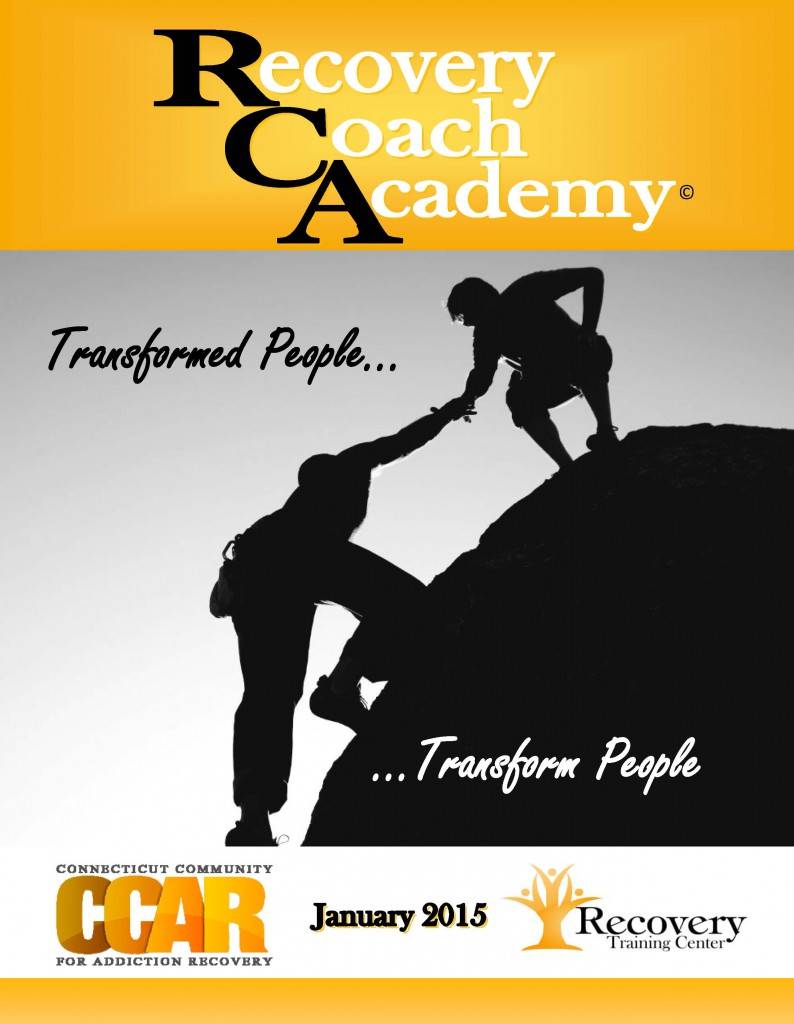 What is the best approach to the supervision of peer recovery support service specialists within the addictions field is a question that, at present, remains unanswered.
What is the best approach to the supervision of peer recovery support service specialists within the addictions field is a question that, at present, remains unanswered.
In earlier communications, I have disseminated papers that outlined the history, theory, and science of peer recovery support services; delineated the roles of addiction counselor, Twelve-Step sponsor, and recovery coach; detailed linkage procedures to recovery mutual aid organizations and other recovery community institutions; depicted the value of peers in pre-treatment outreach and engagement; described the integration of peer recovery support within professional treatment settings and recovery community centers; and reported on the integration of peer recovery support services within allied systems of care. Peer recovery support specialists--people credentialed by lived experience and on-the-job training--are now being integrated into a wide variety of settings and are delivering services across the stages of long-term addiction recovery. But questions remain about how such services are best supervised even as work progresses on defining the core competencies of peer supervision. A recent trend has been the requirement that peers be provided "clinical supervision."
Traditional clinical supervision within the context of addiction treatment has many components, but at its core, and at its best, it provides oversight of the screening, assessment, diagnosis, treatment planning, and treatment delivery process, with a particular focus on the quality of the helping relationship. Modeled from supervision within the fields of psychiatry, psychology, and social work, addiction professionals and the individuals and families they serve have benefited greatly from this clinical supervision process. So why not extend this same clinical supervision to peer recovery support specialists? Here's why.
Regardless of title (e.g., recovery support specialist, recovery coach, peer specialist, etc.), peer recovery support services are not a "clinical" activity in the sense that they do not involve processes of clinical assessment, diagnosis, treatment planning, or the delivery of professionally-directed treatment services. Any time they drift into this clinical domain, the peer helper is migrating beyond the boundaries of his or her education, training, and experience in ways that could inflict inadvertent harm to those being served. "Clinical supervision" of peer workers threatens to both turn them into wannabe therapists and pull them from activities for which they are best suited and which could have the greatest impact on long-term recovery outcomes.
My personal concern at the moment is that we as a field are not recognizing the difference between clinical supervision and the type of supervision needed for peer recovery support services. As noted, the former has a primarily intrapersonal focus. In contrast, the latter has a much great focus on the ecology of recovery-- removing personal and environmental obstacles to recovery, assertive linkage to recovery mutual aid groups and other recovery support institutions, navigation of the larger culture of recovery, providing stage-appropriate recovery education to individuals and families, conducting ongoing recovery check-ups, and offering guidance to improve the quality of personal/family life in long-term recovery. While all helping roles involve emotional support, peer services are best delivered with an interpersonal focus that nests recovery within the context of family and community--including changing environmental conditions to enhance recovery outcomes. Supervision must help peer helpers forge links between personal needs and community needs--bridging personal/family support with advocacy at the community level and beyond.
Given these differences, I think the misapplication of traditional clinical supervision to the delivery of peer recovery support services will destroy the true potential of this role in supporting long-term recovery. What do you think?